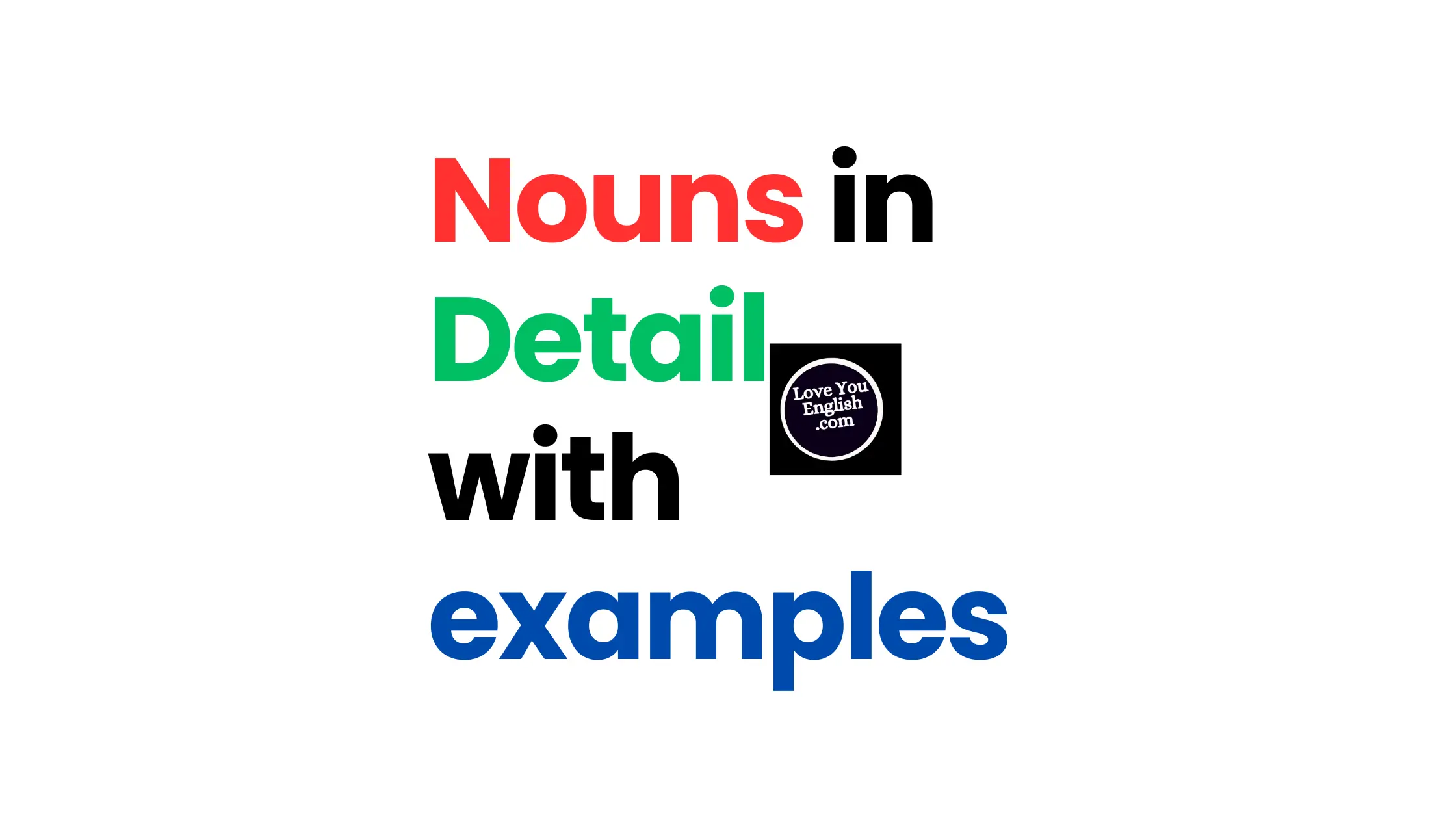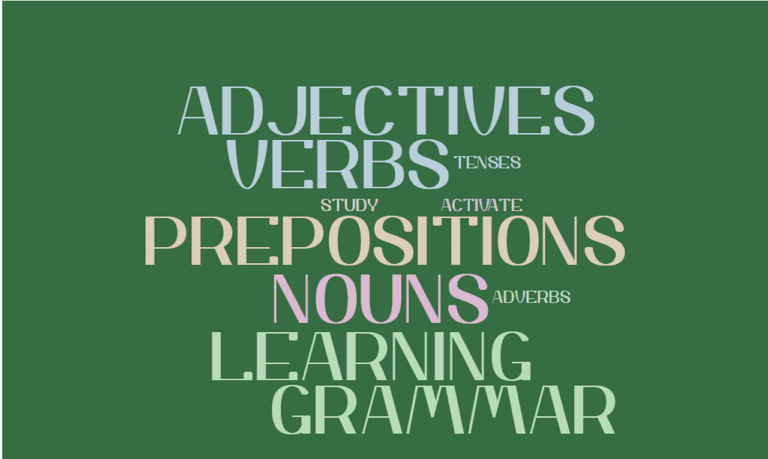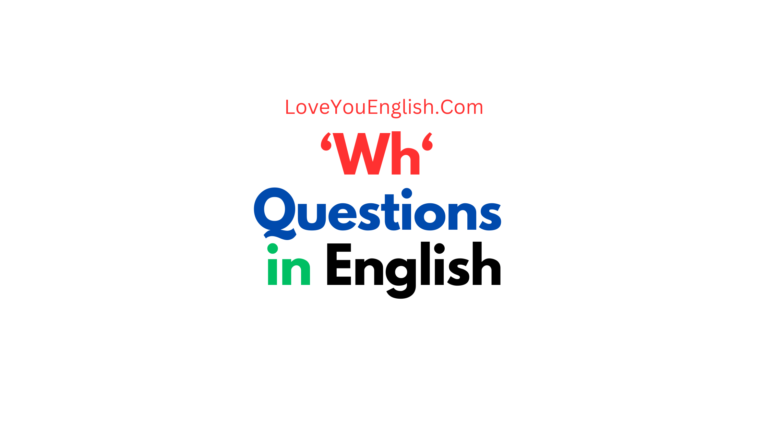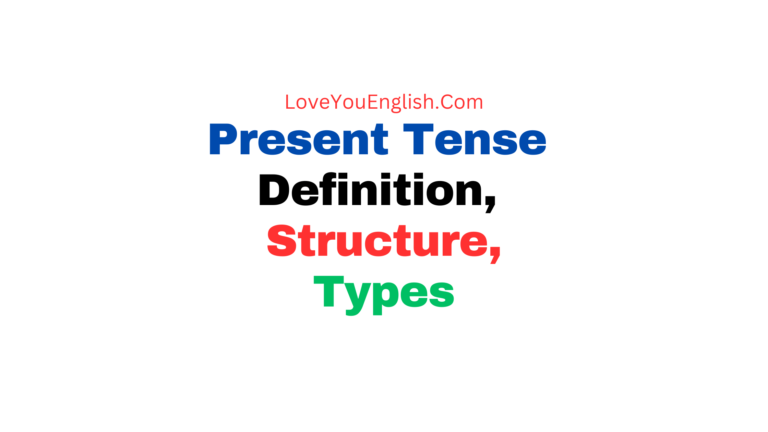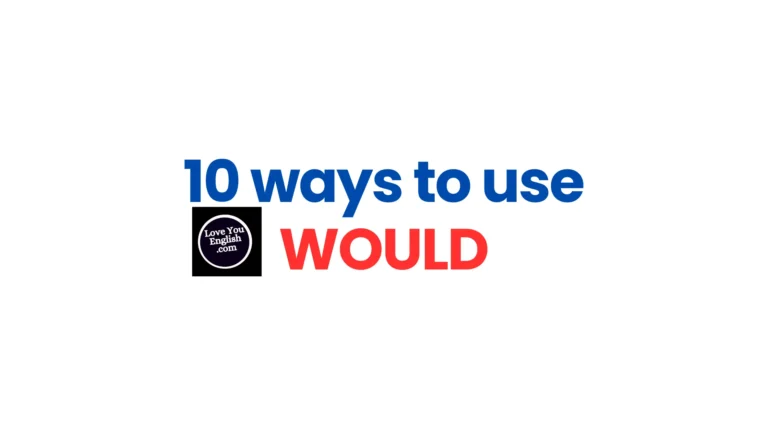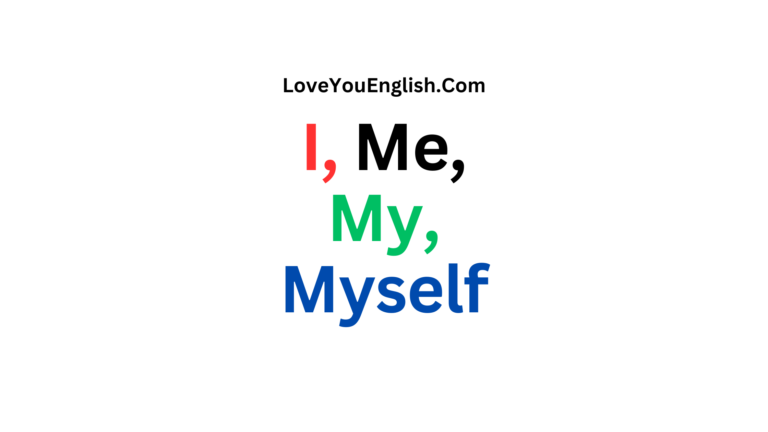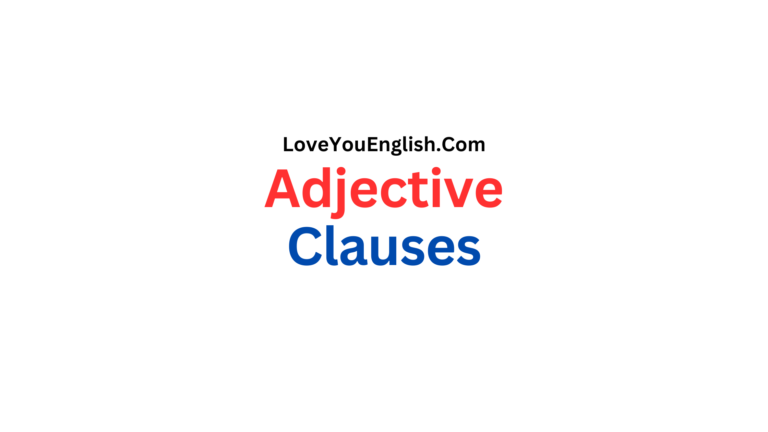What is a Noun? Definition, Types & Examples
Nouns are one of the basic building blocks of language.
You use them daily, likely thousands of times, without even thinking about it.
But what exactly is a noun?
Let’s take a closer look at the definition, types, and examples to really understand these ubiquitous words.
Definition of a Noun
At its most basic, a noun is a word that names a person, place, thing, or idea.
Nouns are one of the main parts of speech, along with verbs, adjectives, adverbs, pronouns, conjunctions, prepositions, and interjections.
Some examples of common nouns are:
Person: teacher, firefighter, president
Place: park, city, bedroom
Thing: book, apple, chair
Idea: love, freedom, happiness
As you can see, nouns can be something concrete like a physical object, or something abstract like a concept or feeling.
They allow us to define and discuss the world around us.
Types of Nouns
While all nouns refer to a person, place, thing or idea, there are actually many different types of nouns that can be categorized in various ways.
Here are some of the main types:
Proper Nouns and Common Nouns
One of the most basic distinctions is between proper nouns and common nouns.
Proper nouns are the specific names of people, places, organizations or certain things. They are capitalized.
Some examples:
People: John, Mary, Dr. Roberts
Places: Chicago, California, Sahara Desert
Organizations: Google, United Nations, Yankees
Things: Bible, Titanic, Big Ben
Common nouns are the general words for people, places, things or ideas.
They are not capitalized unless they start a sentence.
For example:
People: man, woman, teacher
Places: city, park, country
Things: book, car, lamp
Ideas: love, freedom, beauty
Count Nouns and Non-Count Nouns
Another key distinction is between count nouns and non-count nouns.
Count nouns refer to something you can count with numbers.
They have both singular and plural forms:
Singular: book, apple, house
Plural: books, apples, houses
Non-count nouns (sometimes called “mass nouns”) refer to things that cannot be counted.
They have no plural form:
Water, air, rice, flour, happiness
So, you can have “two books” or “three houses”, but not “three waters” or “four airs”.
With non-count nouns, you would say something like “a bottle of water” or “a gust of air“.
Collective Nouns
Collective nouns refer to groups of people, animals or things.
Some examples are:
Family, team, herd, flock, bunch
You can use a singular verb or plural verb with collective nouns depending on if you are referring to the group as one unit or individual members.
The family is going to the park.
The family are arguing with each other.
Abstract Nouns
We’ve already mentioned abstract nouns briefly.
These are nouns for ideas, qualities, conditions or concepts that cannot be experienced through the five senses.
Some examples:
Freedom, truth, happiness, education, democracy
Concrete Nouns
In contrast to abstract nouns, concrete nouns refer to physical objects or things that can be experienced with the five senses:
Book, tree, mountain, pencil, clock
Compound Nouns
A compound noun is made up of two or more words joined together into a single noun:
Toothbrush, milkshake, wallpaper, textbook, bookcase
Possessive Nouns
Possessive nouns show ownership or possession. They are formed by adding an apostrophe and sometimes the letter “s”:
Mary’s book, the dog’s bone, James’ hat, the cats’ toys
That covers most of the main types of nouns you’ll encounter.
As you can see, there is quite a variety! Nouns allow language to classify and identify everything in the world around us.
Examples of Nouns in Sentences
Let’s look at some example sentences using different types of nouns:
The cat chased the mouse under the sofa. (common nouns)
Dr. Smith delivered my sister’s baby at New York Presbyterian Hospital. (proper nouns)
I drank two glasses of milk this morning. (count and non-count nouns)
The flock of birds flew over the city skyline. (collective noun)
Freedom and democracy are core American values. (abstract nouns)
My toothbrush is getting old – I need to buy a new one. (compound noun)
Many college students lack sufficient sleep. (non-count and abstract nouns)
Despite the rainstorm, the family picnic was a success. (collective and common nouns)
The boss’s assistant scheduled all his appointments. (possessive noun)
I hope these examples help cement your understanding of how nouns work and all the different types.
Nouns are integral to communication, so take the time to master them.
Why Nouns Are Important
Nouns are super important when we talk or write. They help us explain things and share ideas.
Imagine if we couldn’t use nouns at all! It would be so hard to get our point across.
Nouns make it easier to say big ideas in just one word. Like instead of saying “that big yellow fruit that grows on trees,” we can just say “lemon.”
Abstract nouns, like liberty and kindness, show our beliefs and values. They help shape how we see the world.
Nouns cover everything from objects to big ideas. They’re a key part of how we talk about the world around us.
In Closing
Understanding what a noun is and how to use different types of nouns is important for effective communication in both writing and speaking.
Nouns may appear straightforward, but they actually have many different categories and uses that are important to grasp for better communication.
Learning about nouns and how to use them will help you become a better communicator and have a stronger grasp of language.
____________________
Check out these awesome grammar books I recommend:
High School English Gram & Comp – by WREN & MARTIN
OXFORD ENGLISH GRAMMAR COURSE ADVANCED WITH KEY (WITH EBOOK)
